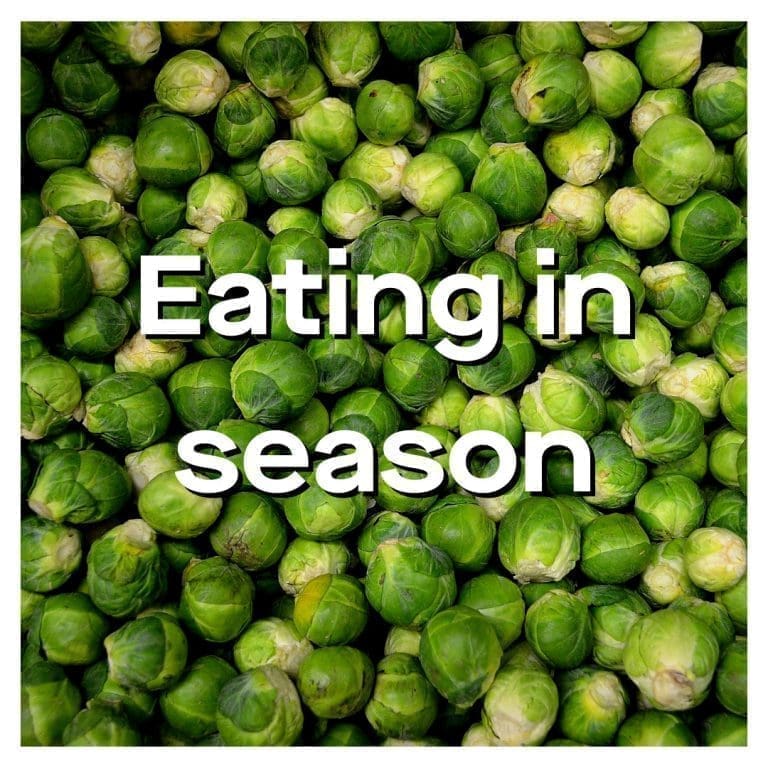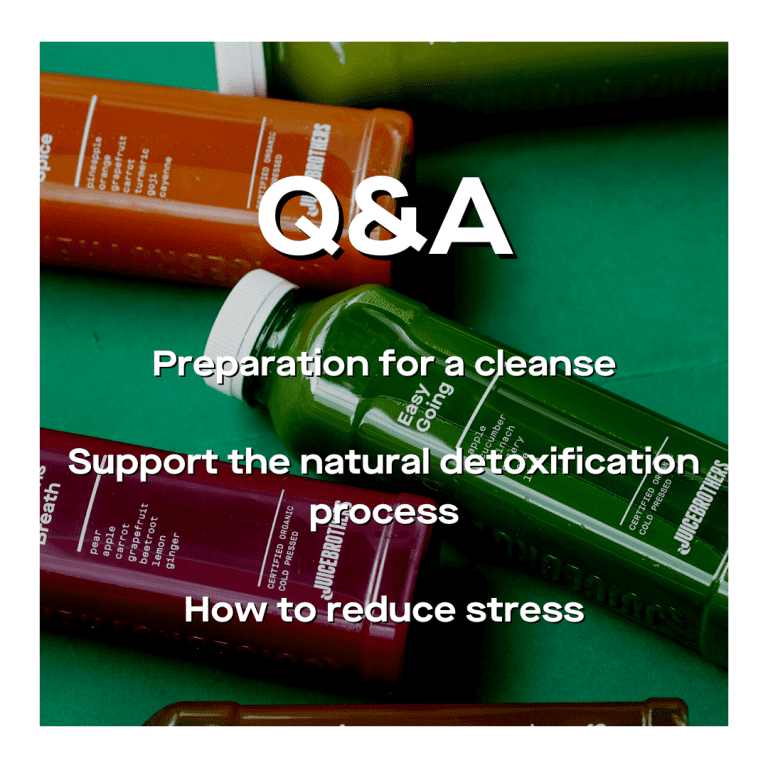Vitamins are essential for good health. With a vitamin deficiency, your body cannot perform certain physical processes or can perform them poorly. This might make you think ‘the more, the better‘, but nothing could be further from the truth when we talk about vitamin C. Can too much vitamin C be harmful? Let’s find out!
What is vitamin C?
Vitamin C, also called ascorbic acid, is a water-soluble vitamin. Vitamin C is a very important nutrient for good health. Vitamin C supports a number of important bodily functions:
- Vitamin C supports a healthy immune system.
- Vitamin C makes the skin glow.
- Vitamin C keeps blood vessels healthy and elastic.
- Vitamin C ensures strong bones, cartilage and teeth.
- Vitamin C ensures proper functioning of the nervous system.
- Vitamin C promotes the absorption of iron in the blood.
- Vitamin C is an antioxidant and counteracts free radicals in the body. This protects ascorbic acid against damage to the body’s cells.
Your body does not produce vitamin C itself. That is why it is important to get enough through your diet. You do this by eating healthy and varied.
A vitamin C deficiency has many adverse effects. However, a vitamin C deficiency is not common. With a varied diet you can easily get enough vitamin C. In the past, a vitamin C deficiency was common among sailors who suffered from a severe vitamin C deficiency for months due to a one-sided diet, resulting in scurvy. With a moderate vitamin C deficiency you may suffer from the following symptoms: weight loss, fatigue, poor wound healing and joint pain. A serious deficiency can lead to scurvy, which can include bleeding gums, extreme fatigue and internal bleeding.
Vitamin C can be found in foods such as vegetables and fruit, but potatoes are also a good source. Below you will find a list of the foods that have the highest vitamin C content.
Products with vitamin C
- Strawberries
- Kale
- Broccoli
- Lemon
- Grapefruit
- Green cabbage
- Kiwi
- Lime
- Snow peas
- Red pepper
- Red cabbage
- Orange
- Pointed cabbage
- Brussels sprouts
- Spinach
- Broad beans
- Blackcurrants
What is the recommended daily amount of vitamin C?
The daily recommended amount of vitamin C is 75 mg. The recommended amount is slightly higher for pregnant women (85 mg) and breastfeeding women (100 mg). To get a better idea of the recommended amount: an apple contains 5 mg of vitamin C, a banana 9 mg and a kiwi 59 mg.
Why vitamin C supplements?
Many nutritional supplement providers advertise the health benefits of vitamin C and recommend that we use vitamin C supplements. This is unnecessary for healthy people, as you already meet your daily intake of vitamins and minerals with a varied and healthy diet.
Special groups may benefit from the use of supplementation. For example, folic acid for pregnant women and vitamin D for the elderly. Vitamin C supplements can only provide a health benefit to people with an extremely one-sided diet and heavy drinkers.
Is too much vitamin C bad for you?
It is not only unnecessary for healthy people to take a vitamin C supplement, it can even cause adverse effects. Symptoms can occur with more than 2 grams of vitamin C per day. These complaints are mainly related to the gastrointestinal tract. Too much vitamin C can also put extra strain on the kidneys. It used to be thought that this increases the risk of kidney stones, but this disadvantage of vitamin C has never been scientifically proven.
Side effects of taking too much
vitamin C
- Nausea
- Vomiting
- Diarrhea
- Heartburn
- An increased risk of kidney stones
- People who have a deficiency of the enzyme G6PD can develop a blood disorder. For these people it is not recommended to use vitamin C supplements.
- Fatigue. Too much vitamin C inhibits the absorption of copper and promotes the absorption of iron. This can cause your iron levels to be too high, resulting in chronic fatigue.
An overdose of vitamin C is in principle not fatal.
Can you overdose on vitamin C?
Vitamin C is a water-soluble vitamin. Water-soluble vitamins, unlike a fat-soluble vitamin, are not stored in your body. Vitamin C is excreted through the urine. This prevents an accumulation and there is no risk of an overdose of vitamin C.
The good news: you can never get too much vitamin C from vegetables, fruit and pure juice. It is wise to be careful with supplements. These often contain more than 2000mg vitamin C each. It is therefore important to ignore the supplements and focus on a healthy diet with lots of fruit and vegetables. This way you get enough vitamin C without running the risk of overdose and strain on the gastrointestinal tract.
Conclusion vitamin C
Vitamin C is essential for the proper functioning of the body. You need it to be and stay healthy. However, you can consume too much vitamin C. This burdens the gastrointestinal tract and can cause unpleasant symptoms such as diarrhea and nausea. You can prevent an overdose by ignoring vitamin C supplements and getting your daily amount of vitamin C through a healthy and varied diet with a healthy amount of vitamin C.
Juices for a healthy amount of vitamin C
With a healthy diet – full of fruit and vegetables – you provide a healthy amount of vitamin C. For people who find it difficult to eat enough fruit and vegetables every day, they can drink of vegetable and fruit juices are a good solution. By drinking fresh juice every day you can more easily achieve your recommended daily amount of vitamins and minerals.
We have added extra vitamin C to our Skin Sister, making this juice is a perfect source of this vitamin C. By drinking this juice you will reach your recommended daily amount of vitamin C in no time. Skin Sister is known for supporting and making the skin glow. Due to the large amount of vitamin C, it is a beauty serum, but in juice form! Of course, it is also very tasty with pineapple, beetroot and grapefruit.













